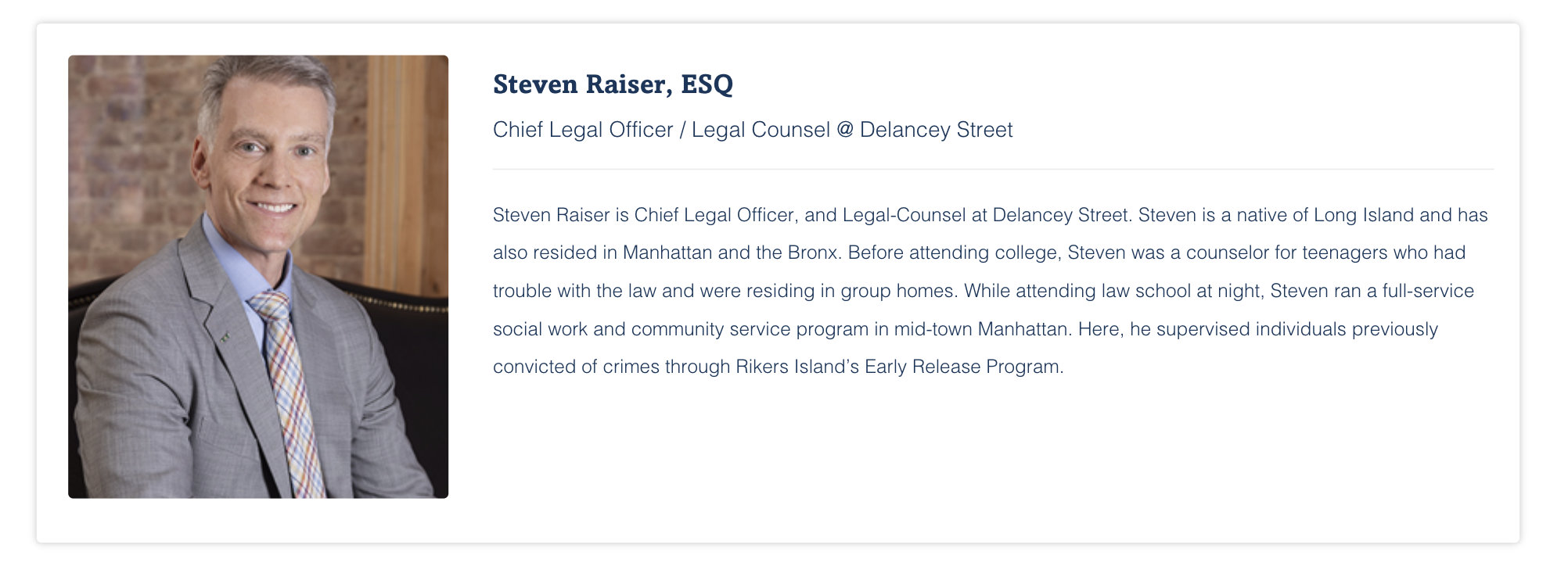IF YOU’RE LOOKING FOR A BUSINESS DEBT SETTLEMENT COMPANY, VISIT DELANCEY STREET. CLICK HERE NOW.

–
Vermont MCA Defense Lawyers Business Debt Relief
If you run a small business in Vermont and are struggling with debt, you may be considering business debt relief options. Merchant cash advances (MCAs) are a common form of financing for small businesses, but they can also lead to issues with high payments and aggressive collection tactics. This article provides an overview of MCAs in Vermont, potential defenses business owners have against them, and alternative debt relief solutions.
Understanding Merchant Cash Advances in Vermont
A merchant cash advance provides a business with a lump sum of capital in exchange for a percentage of future credit card sales. It is not technically considered a loan in Vermont, so MCA companies can bypass state usury laws on interest rates and fees.Some of the key aspects of MCAs to understand in Vermont include:
- High costs – MCA rates often translate to over 100% APR when calculated as interest. These high costs take a major toll on small business profits over time.
- Daily repayments – Most MCAs deduct a fixed percentage of daily credit card sales from the business owner’s account. This can drain accounts and make it hard to cover other expenses.
- Personal guarantees – Business owners usually have to personally guarantee MCA repayments. This leaves them personally liable even if the business fails.
While MCAs provide fast access to capital, they come at an extremely high long-term cost compared to traditional small business loans.
MCA Collection Issues Facing Vermont Businesses
Merchant cash advance companies use aggressive collection tactics to secure repayment on advances. Common issues Vermont business owners face include:
- Arbitration clauses – Most MCA contracts include binding arbitration clauses. This prevents business owners from taking collection disputes to court.
- ACH withdrawal issues – MCA lenders will raid business checking accounts via ACH withdrawals leading to overdraft fees. They also have the ability to freeze accounts.
- Aggressive collections – If a business struggles with payments, MCA companies apply intense pressure. This ranges from constant calls to threats of destroying the owner’s credit.
These collection practices lead some Vermont business owners to consider legal defenses against their MCA lenders.
Potential Defenses Against Merchant Cash Advances
The Vermont Attorney General’s office notes that state and federal laws may provide defenses against MCA collection practices. Some potential claims include:

Deceptive Marketing Practices
- MCA companies may engage in deceptive marketing by not properly disclosing rates and terms. This violates Vermont’s Consumer Protection Act.
- Under federal law, not clarifying that repayments take priority over other expenses also constitutes unfair practices.
Unconscionable Contract Terms
- Features like personal guarantees, daily repayments, and high costs may be ruled unconscionable. This makes certain contract clauses invalid if they are excessively unfair.
- Arbitration clauses can also be challenged as depriving business owners of basic legal rights.
Improper Lending Practices
- MCA companies cannot assist unlicensed lenders in violating state laws. This includes helping lenders exceed rate caps.
- Intentionally structuring the agreement to evade licensing and usury laws also constitutes improper lending practices.
While defenses exist, taking legal action against MCA lenders is still an uphill battle due to arbitration clauses and resource limitations. This leads many Vermont business owners to instead seek alternative debt relief solutions.
Business Debt Relief Options in Vermont
Rather than continuing to struggle under the weight of an MCA, Vermont business owners have options like debt settlement and restructuring. Common relief strategies include:
Debt Settlement
- Hiring a business debt settlement firm to negotiate lump-sum payoffs for a fraction of the full MCA balance. Fees range from 15% to 25% of settled debt.
- Settlements may cover 30% to 60% of outstanding balances depending on negotiation success and timing.
- Settlements legally resolve MCA debts and include contingencies that add protections for business owners.
Debt Restructuring
- Working with a small business restructuring firm to alter problematic MCA terms. This provides short-term cash flow relief.
- Potential restructuring changes include reduced payment percentages, smaller daily debits, and limited personal liability.
- While restructuring doesn’t directly reduce balances, it helps stabilize finances and buy time.
Bankruptcy
- Filing for Chapter 7 or Chapter 11 bankruptcy to eliminate or restructure tax and business debt obligations.
- This provides a “clean slate” but has severe impacts on personal credit scores and ability to access future financing.
- Bankruptcy filings also require extensive legal assistance to navigate properly.
While each approach has pros and cons, they provide alternatives to staying trapped under the weight of an MCA. The key is consulting qualified business debt relief experts for guidance specific to your situation in Vermont.
Partnering With Business Debt Relief Experts
Trying to handle Vermont MCA debt relief tactics on your own can be extremely complex and risky. Instead, partnering with trusted experts provides back-to-back support each step of the way.Here at Delancey Street, our team of business debt relief specialists has extensive experience helping Vermont small business owners find solutions for their specific situations. We take an honest, ethical approach focused on long-term financial health rather than quick fixes.Some of the key services we provide Vermont business owners struggling with MCA debt include:

- In-depth debt assessments – We conduct detailed reviews of your accounts to map out obligations and identify potential outs.
- Relief program development – Our advisors create customized debt relief roadmaps tailored to your unique goals and constraints.
- Settlement and restructure negotiation – We negotiate directly with MCA providers on your behalf to secure relief offers for your review.
- Ongoing support access – Even after agreements are in place, our advisors remain available to answer questions and provide guidance.
If you run a Vermont small business struggling with overwhelming MCA debt payments, the time to explore your options is now. Reach out to our team or call (212) 210-1851 to schedule your free debt assessment consultation today. Our advisors understand this extremely complex process and are here to help provide a path forward.
Frequently Asked Questions
Q: Can Vermont business owners realistically get out of MCA contracts?While challenging, defenses like improper lending practices and unfair contract terms may provide outs. Settlement or restructuring programs also create alternatives to staying trapped paying back the full balance with high rates.Q: How long does the business debt relief process take in Vermont?Every situation is different based on the MCA lender, outstanding balance, and business owner’s goals. In some cases, settlements can be reached in under 2 months. More complex restructuring agreements may take 4+ months to put in place.Q: What information do I need to provide during a debt assessment?Our advisors will request details on your outstanding debts, credit card processing statements, personal and business tax returns, income streams, assets, and other key financial documentation. This allows us to construct a complete picture.Q: Are there tax implications for settling or restructuring MCA debt?Potentially yes. Any amount forgiven over $600 via settlement may be considered taxable income. We advise working with a qualified tax expert to understand possible implications based on your specific relief program.Q: How do I know I can trust a business debt relief company?You should always vet any firm thoroughly first. Check reviews, complaints, legal issues, and confirm they follow ethical practices around fee structures. Our team at Delancey Street upholds the highest standards of transparency and support.
Conclusion
Navigating legal defenses and alternative programs for overwhelming MCA debt as a Vermont small business owner is complex. Attempting to handle negotiations yourself against aggressive lenders also rarely produces optimal outcomes. Partnering with experienced business debt relief experts levels the playing field.Here at Delancey Street, our advisors have the proven strategies and negotiating skill to secure real relief for your situation. We put your long-term interests first and remain by your side each step of the way. Don’t keep struggling under the weight of high-cost MCA debt in Vermont. Reach out now or call (212) 210-1851 to explore your options with our caring team.
–
IF YOU’RE LOOKING FOR A BUSINESS DEBT SETTLEMENT COMPANY, VISIT DELANCEY STREET. CLICK HERE NOW.
–








